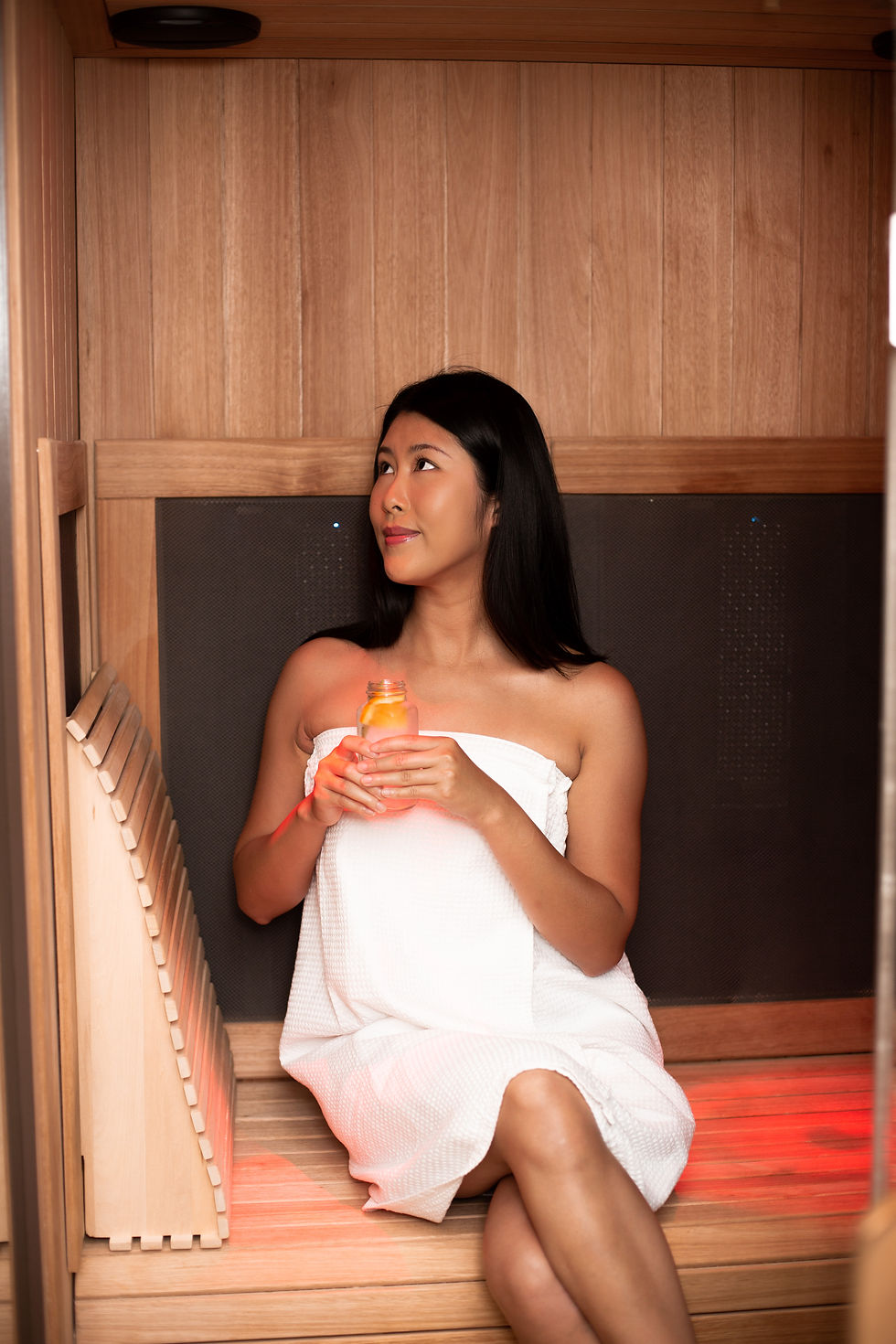Got Acne? Causes + Effective Solutions
- christinaallen28
- Oct 25, 2022
- 3 min read
Updated: Oct 26, 2022

The idea for this blog post came to me due to my own personal recent experience with acne. I never struggled with acne as a teen and as a 39 year old adult I’ve only experienced the typical occasional break outs. Well, a couple of weeks ago I had a basic papule (pimple) develop on my nose that wasn’t too concerning. I was under a bit of stress, admittedly ate some pizza, and my daughters may have sprayed an expired product on my face- then, boom! A little pimple turned into a full-blown inflammatory bacterial infection that was blistering and spreading down the entire side of my nose. It was itchy, red, and painful and not taking to typical treatment. Now, I have been an esthetician for 20 years and have successfully treated lots of mild to moderate acne in my day. But this was not a mild acne situation. If a guest came to me with this type of acneic reaction, having tried other solutions, I would have given them the same advice I gave myself which was to see a dermatologist. I really despise taking antibiotics, but it was required in this situation. Needless to say, I got a good look at how stressful acne can be. We shouldn’t feel embarrassed about things like this, but the truth is, we do.
So let’s dive in and hopefully kick acne to the curb together!
Contributing Factors of Acne
Excess oil production
Pores becoming clogged by dead skin cells, excess oils, debris
Bacteria
Inflammation
Stress, hormones, and menstrual cycle (all increase oil production)
Diet (some foods cause inflammation such as dairy and foods that raise blood sugar levels)
Low quality skin care, makeup, and hair care products that can irritate the skin and clog pores
Typical Areas Acne Appears
Acne occurs in the following areas most frequently because these areas contain the most sebaceous (oil) glands.
Face
Chest
Upper back
Shoulders
Types of Acne
Mild acne:
Pustule (Whitehead)- The outer layer of the pore closes entrapping oils, debris, and dead skin cells which form a white pus.
Comedone (Blackhead)- pores that remain open and become clogged with oils, debris, and dead skin cells.
Moderate acne:
Papule- Inflamed acne that appears as red bumps resulting from bacteria and debris clogging a hair follicle
Severe acne:
Nodules- Painful, hard bumps deep within the skin that form due to oils, debris, and dead skin cells that entered a damaged hair follicle. Nodules may contain pus but will not be visible due to the deep location.
Cystic Acne- Large, bumps beneath the skin surface filled with fluids such as pus and blood, resulting from oils, debris, and dead skin cells.
Solutions
Reserve a facial appointment with an esthetician to receive a thorough consultation/ skin analysis. The esthetician will recommend appropriate skin care products to treat and/or prevent acne along with a recommended treatment plan to help treat and prevent mild to moderate acne, extract pustules and comedones (never extract at home), manage stress, and maintain skin health. The Glo Detox Facial features products and techniques that target acne and is a good place to start.
Develop a consistent morning and evening skincare regimen based on the product recommendations provided by your esthetician. If you find that you go to bed with makeup on because you’re too tired to cleanse your skin, try doing your skincare regimen a little earlier such as right after dinner.
Light therapy is a treatment offered at citron and other spas that help kill acne causing bacteria and reduce activity in the sebaceous glands that produce oil.
Chemical peels such as the level 3 Beta Clarity Peel deeply treats skin with antiseptic and acne-fighting ingredients such as 30% salicylic acid, niacinamide, alma fruit extract, witch hazel, and totarol.
Stress management such as yoga, meditation, exercise, relaxation massage, and self-care will help reduce stress that leads to unbalanced hormones and increased oil production.
Maintain a healthy diet with weekly meal planning and grocery runs that focus on whole foods such as fruits and vegetable and whole grains while decreasing sugar and dairy will help with inflammation in the body. Citron has health coaches available to help with lifestyle factors such as diet.
For severe acne, I recommend seeing a dermatologist. If you have been to an esthetician, implemented an acne focused skincare regimen and are not seeing results with treatments and products, you may be experiencing a form of severe acne. If you are unsure about the level of severity, we would be happy to analyze your skin and make a recommendation.`







Comments